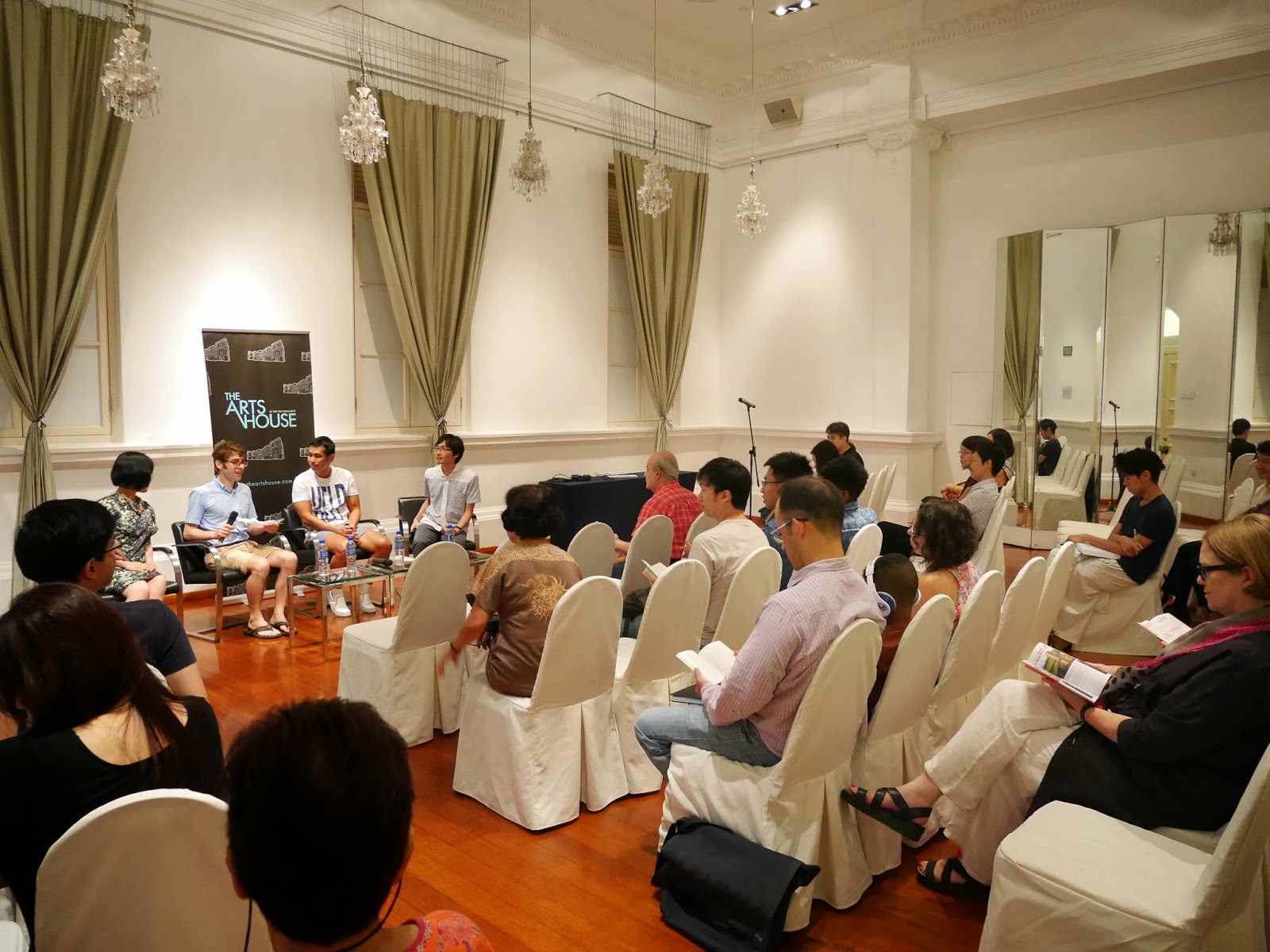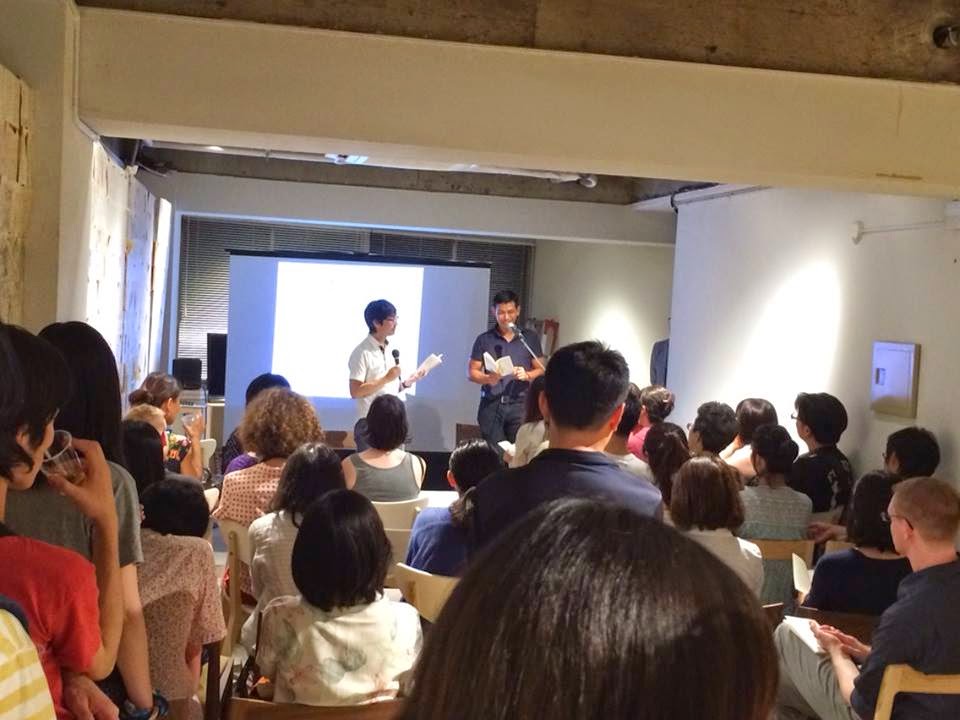TLS August 15, 2014 from Michael Hofmann's review of Stephen Parker's Bertolt Brecht: A literary life : Brecht was extremely hard-working, got up early, wrote every day, and believed writing was a function of the health he actually didn't enjoy. * Often too, there is something to be dropped or switched. "A contract is good, you can always break it", was a piece of advice in a particular situation, but then any arrangement and any idea can be picked apart or reversed with Brecht's mental agility. "I'm continually forgetting my opnions", he wrote, as if he cared. And then, instead: "A man with one theory is lost. He need several of them, four, lots!" - which of course got him in trouble later on, when he was at the mercy if people who had precisely one theory - or rather, one certainty - and guarded its purity against whatever they saw him as advancing, avant-gardism, sectarianism, formalism, Proletkult , cosmopolitanism, you...






